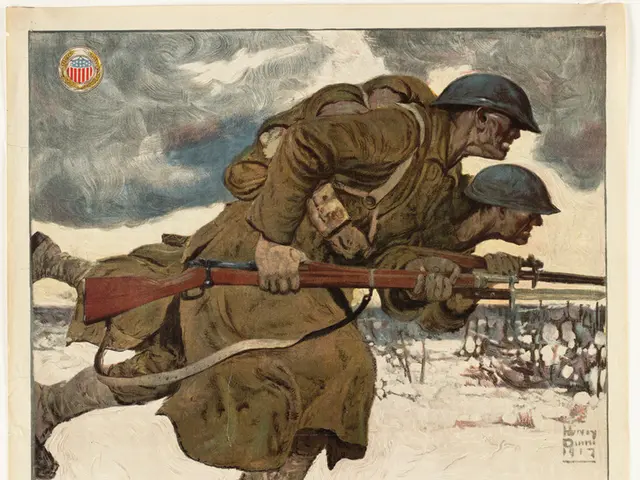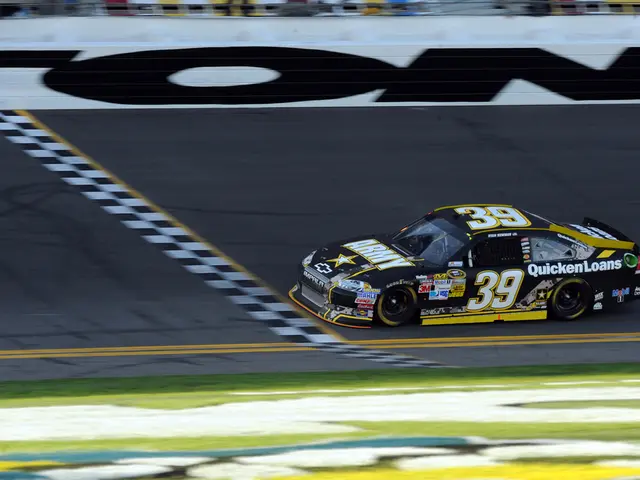Ninth Circuit Court overturns Puig's Sports Betting Guilty Plea
Former MLB Player, Yasiel Puig, Escapes Enforcement of Plea Deal
Posted on: May 30, 2025, 05:30h.
Last updated on: May 30, 2025, 05:30h.
In a surprising turn of events, former Major League Baseball (MLB) player Yasiel Puig secured a legal triumph on Thursday when the U.S. Court of Appeals for the Ninth Circuit upheld a lower court's decision that Puig was not obligated to honor a guilty plea agreement reached with the Department of Justice (DOJ) in 2022.
The agreement was reached following an investigation that uncovered Puig's involvement in placing illegal sports wagers through a California-based black market sports wagering operation in 2019. The unnamed party with whom Puig, 34, allegedly placed bets was connected with Wayne Nix, a former minor league baseball player. During his stint with the Cincinnati Reds and Cleveland Indians, Puig is said to have wagered on nearly 900 basketball, football, and tennis games, but not on MLB contests.
In January 2022, Puig was questioned by DOJ officials and was informed that misleading or false statements could lead to felony charges. He affirmed his understanding of this warning. Four months later, the DOJ informed Puig he could face felony charges for false statements and obstruction of justice.
Soon after, Puig agreed to a plea deal in exchange for a mitigated punishment, admitting guilt to a single count of making false statements. The DOJ would drop obstruction charges. However, in November 2022, Puig notified the Justice Department that he was withdrawing from the plea agreement after his agent, Lisette Carnet, discovered evidence that weakened the department's case against him.
The Waiver Not Valid, According to Appeals Court
Carnet claimed that Puig felt rushed and underprepared during his initial interview with the DOJ and that he was not represented by his own criminal defense counsel, relying instead on the department's interpreter. Born in Cuba, Puig is a native Spanish speaker.
Additionally, no plea agreement was reached during the initial interview, and Federal Rule of Evidence 410 confirms that if such discussions do not result in a guilty plea or a withdrawn guilty plea, that evidence cannot be presented against the defendant.
In light of Puig's plea agreement and the relevant caselaw, the Ninth Circuit concluded that the waiver Puig had signed was not applicable. Puig's waiver was conditional, requiring the court's finding of a breach of the agreement. With no enforceable agreement in place, the waiver was not executable, and Rule 410 remained valid.
Federal prosecutors allege that Puig, who lost approximately $283,000 in sports betting, lied about his interactions with "Agent 1" - the party in California through whom the wagers were placed.
Distinctive Aspects of Plea Agreements
In the Puig case, the specific types of plea agreements recognized by the Federal Rules of Criminal Procedure gained significance. According to Circuit Judge Daniel Collins, a Type A agreement is at play here, where the prosecutor promises not to prosecute certain charges or to drop others in exchange for a guilty plea. These agreements provide some flexibility in the charges faced by the defendant but do not guarantee a specific sentence.
Since Type A agreements carry binding clauses, they require district court approval and can only be enforced with authorized consent.
"Because the plea agreement was a Type A agreement requiring district court approval, and because that approval never occurred, the agreement was not enforceable by the court under our precedent," wrote Collins. "The waiver, as stipulated by its own terms, therefore did not apply. Consequently, Rule 410 remains applicable with full force in this case, and the factual basis of Puig's plea agreement is 'not admissible against' Puig."
The implications of plea agreements, particularly in cases like Puig's, can be substantial in terms of enforceability, predictability, and flexibility. The choice of plea agreement type can significantly impact the outcome, including the level of predictability, the flexibility in negotiations, and the potential legal and ethical considerations. In cases where charges are severe and carry potential significant penalties, as in Puig's case, the choice of plea agreement can be decisive.
- The Ninth Circuit upheld Yasiel Puig's assertion that he was not obligated to honor a plea deal made in 2022 regarding sports betting scandals, as the plea agreement was not enforceable due to a lack of district court approval.
- The withdrawn plea agreement, which involved Yasiel Puig making false statements about his sports betting activities, was considered a Type A plea agreement, providing flexibility in charges but not a guaranteed sentence.
- Federal prosecutors are still investigating Puig's involvement in placing illegal sports wagers, with the allegation that he lied about his interactions with the party in California through whom the wagers were placed.
- In light of the legal complexities surrounding plea agreements, the case of Yasiel Puig highlights the significant impact such agreements can have on the predictability and flexibility of legal outcomes, particularly in cases involving major sports, crime, and justice.








